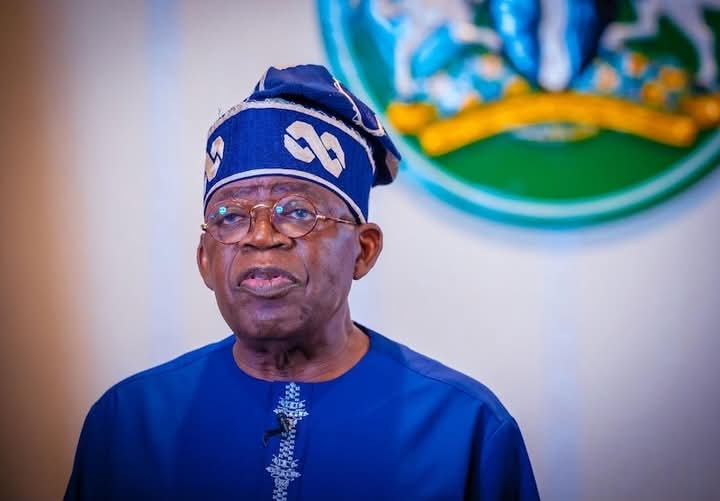Vice President Kashim Shettima declared on Tuesday that the administration of President Bola Tinubu is actively collaborating with Nigerians to navigate significant national reforms, rather than governing from a detached position.
He spoke in Kaduna at a two-day interactive session organised by the Sir Ahmadu Bello Memorial Foundation.
Shettima emphasised the government’s dedication to inclusive governance and responsive policymaking, which he noted are grounded in extensive public engagement and empathy.
READ ALSO: Northern leaders meet in Kaduna to evaluate Tinubu’s performance
Represented by Dr Aliyu Umar, the Special Adviser to the President on General Duties (Office of the Vice President), Shettima underscored that the Tinubu administration is ‘neither crafting policy in solitude nor assuming that technocracy alone delivers results.’
He added that the government is actively ‘convening conversations and institutionalising listening’ as a core part of its approach.
Drawing inspiration from Sir Ahmadu Bello’s legacy, he stated, “What we nurture today is not just a government of the people but a government with the people.”
Shettima highlighted several policy shifts where public input played a crucial role.
Regarding the student loan program, which initially included stringent income ceilings and guarantor requirements, Shettima noted that the administration responded to public feedback by repealing and re-enacting the law.
This amendment effectively removed those barriers, ensuring that ‘no student should be disqualified for being born on the wrong side of poverty.’
On tax reforms, Shettima pointed to the establishment of a Presidential Tax and Fiscal Reform Committee, which engaged stakeholders nationwide.
He stated that the President embraced public and gubernatorial objections, ensuring tax bills underwent public hearings.
“Even unpopular taxes inherited from past regimes, like the 10% single-use plastic levy and telecom tax, were suspended after critical review,” Shettima affirmed.
Addressing the removal of fuel subsidy, a contentious policy, he acknowledged the hardships faced by ordinary Nigerians.
He explained that the government accompanied the policy with strategic responses, engaging with labour unions with ‘empathy’, not threats.
Measures included ‘palliative packages, increased wages, waived diesel taxes, and introduced alternatives like CNG buses to cushion transport costs.
“We were not merely reacting. We were responding,” he said.
Shettima stated that this pattern of public engagement and necessary adjustments extends to reforms across all economic sectors.
READ ALSO: Fayose endorses Tinubu, Oyebanji for second terms, retains PDP membership
He reiterated Tinubu’s concern for the populace, emphasising that ‘governance is not a theatre of perfection but a process of correction and a government that listens is a government that learns. And a government that learns is a government that leads.’
He commended the foundation for its role in sustaining the late Premier’s legacy, calling it ‘a torch of civic dialogue that must never be extinguished.’



